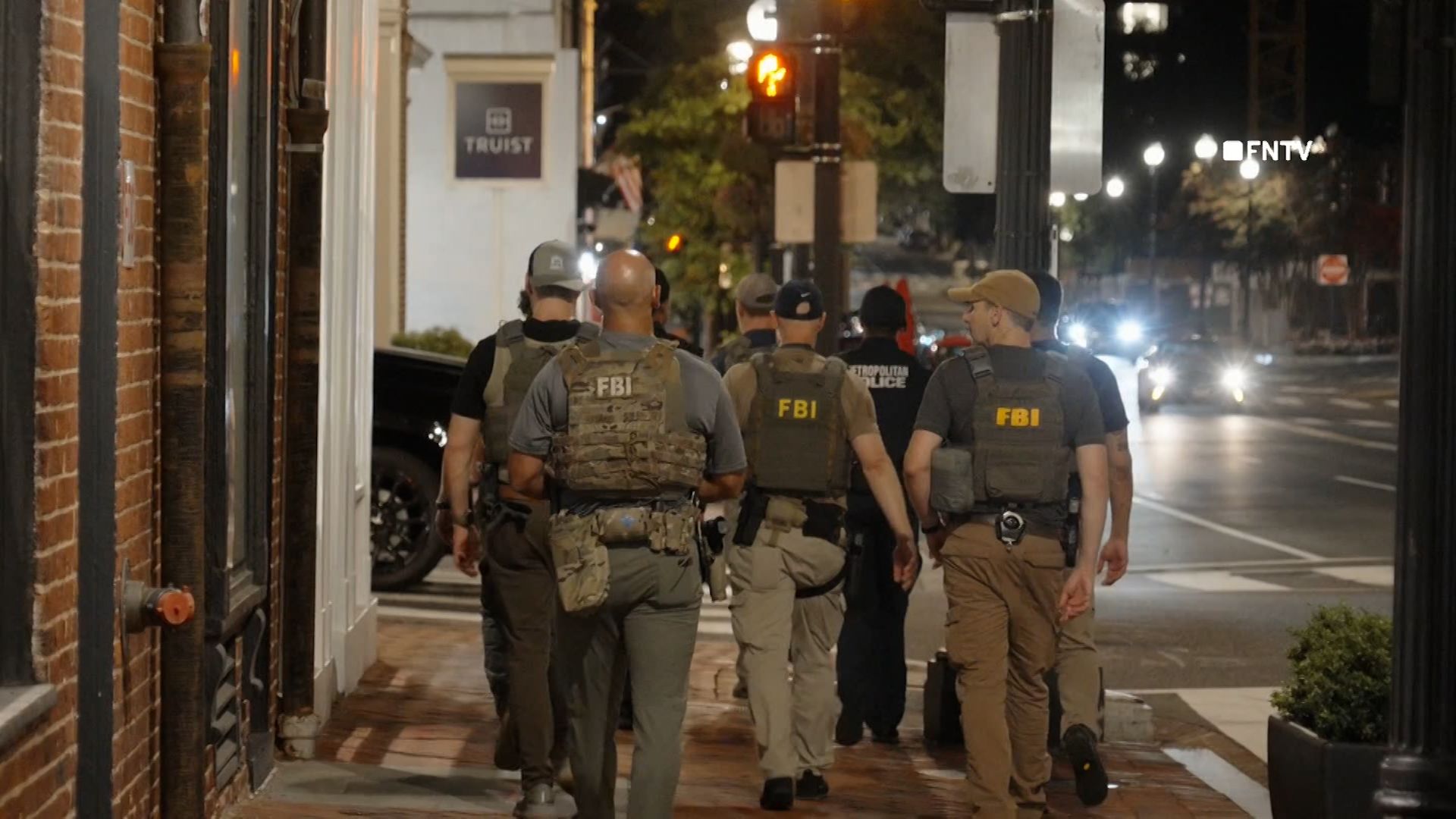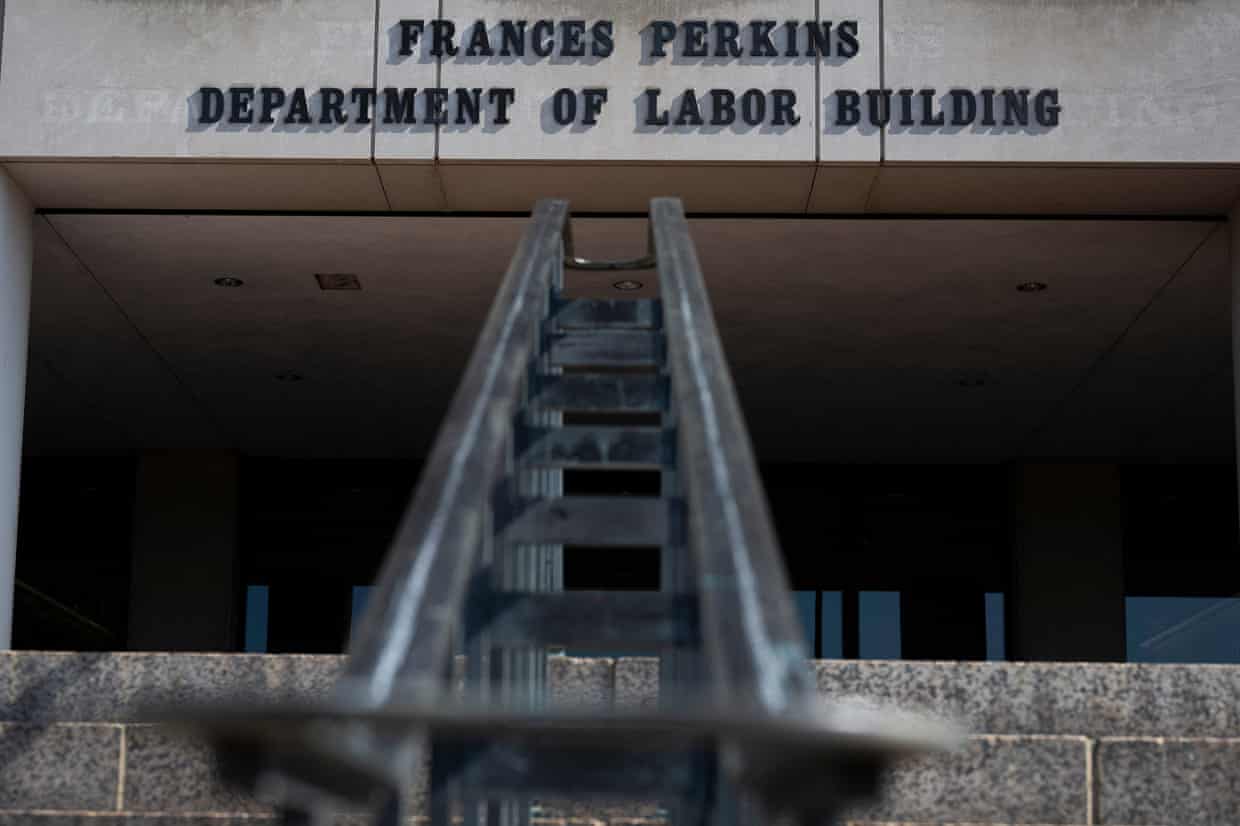Entities mentioned:
- Donald Trump: Power, Control, Recognition
- Kennedy Center: Legacy, Influence, Professional pride
- Sylvester Stallone: Recognition, Legacy, Pride
- Gloria Gaynor: Recognition, Legacy, Pride
- Susie Wiles: Loyalty, Influence, Duty
- Hillary Clinton: Ambition, Power, Influence
Article Assessment:
Credibility Score: 65/100
Bias Rating: 35/100 (Lean Left)
Sentiment Score: 30/100
Authoritarianism Risk: 70/100 (Authoritarian Tendencies)
Bias Analysis:
The article leans left, evidenced by its framing of Trump's actions as threatening and authoritarian. While it presents some factual information, the language and tone consistently portray Trump's decisions negatively.
Key metric: Cultural Division Index
As a social scientist, I analyze that this article highlights the growing cultural divide in the United States, as exemplified by Trump's approach to the Kennedy Center Honors. Trump's populist selection of honorees and his direct involvement in the process represent a deliberate challenge to established cultural norms and institutions. This move is likely to further polarize public opinion, with Trump supporters viewing it as a reclamation of cultural spaces from liberal elites, while critics see it as an authoritarian overreach. The article suggests that Trump's actions extend beyond mere cultural preferences, potentially impacting broader societal structures including education, media, and even law enforcement. This cultural battleground serves as a microcosm for larger political and social tensions in the country, potentially exacerbating existing divides and influencing future political discourse and policy-making.











